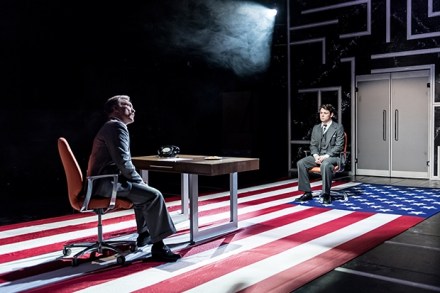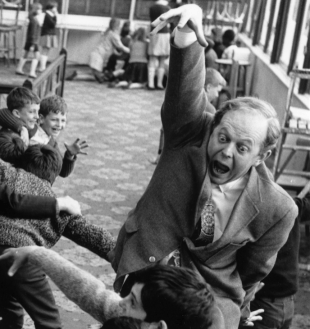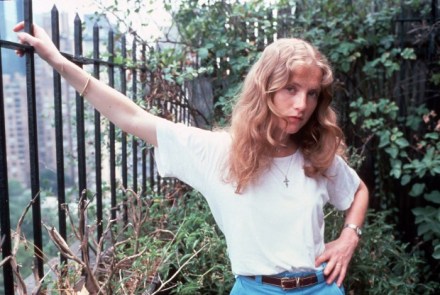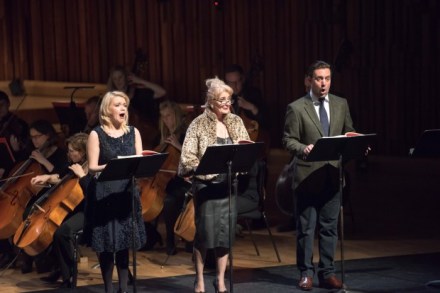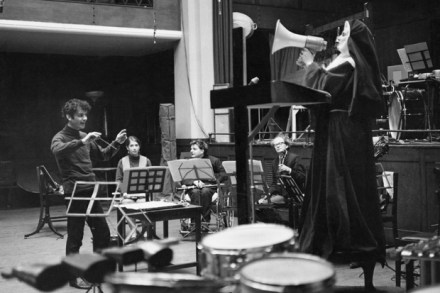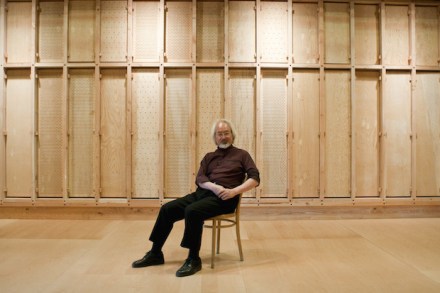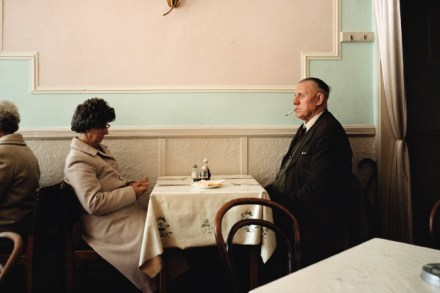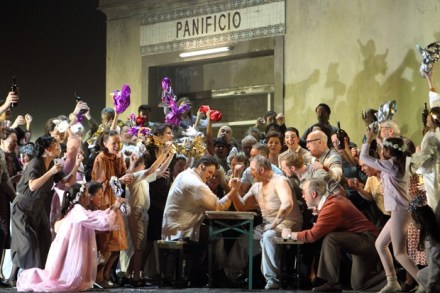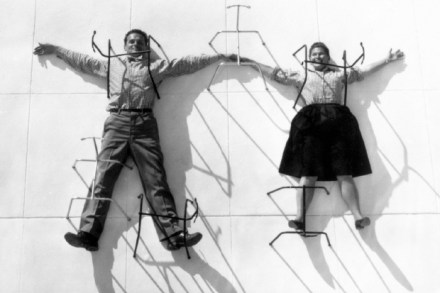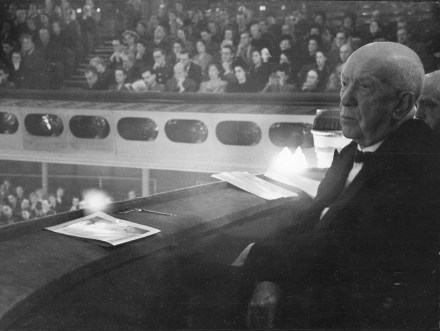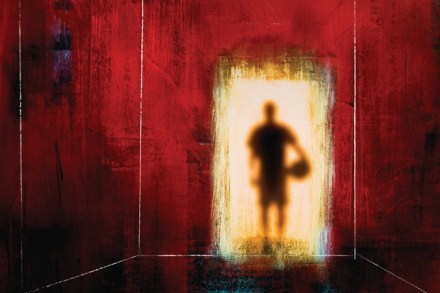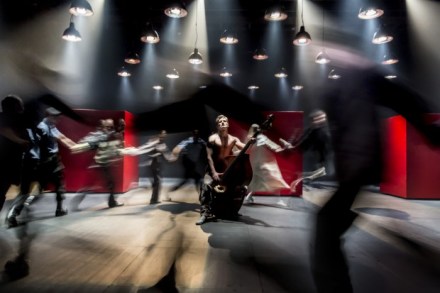There’s something about Mary
Music likes to tell the same story over and over again. This is part of its tradition but even individual composers can be drawn back to the same models in attempts to reclothe and reinterpret musical forms and structures and settings of classic texts. This is especially the case with the Crucifixion narrative. Bach is revered for his two Passions — St Matthew and St John — but there have been other ways for composers to relate this story in sound. The Seven Last Words from the Cross is a now defunct liturgical form which attracted the attention of Lassus, Schütz, Haydn, Gounod and César Franck. The liturgy of Tenebrae



